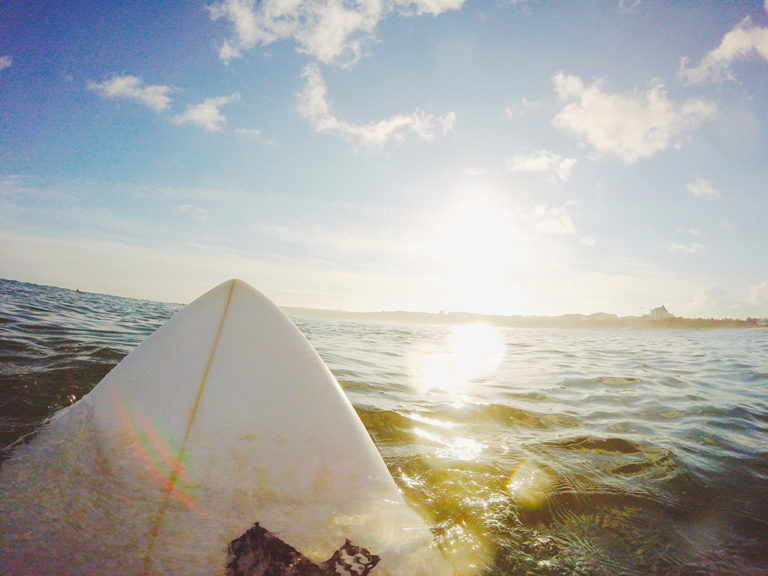A 28-year-old surfer was attacked by a shark while surfing off the coast of Reunion island in the Indian Ocean on Thursday afternoon.
The man was surfing off the small town of Saint-Leu on the west side of the island, which was previously known as surfing hub but where surfing is now prohibited due to the increase in shark attacks in the area. A shark attacked him and tore off his one leg at about 4:30pm local time (2:30pm in South African), rescue officials told French media.
According to local official Olivier Tainturier, the surfer ‘was accompanied by three friends who tried to take him back to land but did not manage.’ The man bled to death and his body was later recovered at the port of Saint-Leu.

Image credit: Robert Bye
There has been a sharp increase in shark-related deaths off the coast of Reunion, with the surfer’s death reportedly the 24th shark attack on the island since 2011 and the 11th one to have resulted in a fatality.
By way of comparison, there were seven fatal shark attacks off the coast of South Africa between 2011 and 2016, according to The International Shark Attack File (ISAF) held at the Florida Museum of Natural History, which ‘is the only globally-comprehensive, scientific shark attack database in the world.’
According to the KwaZulu-Natal Sharks Board, data from the last 40 years indicates that that there is an average of six shark attacks per year in South Africa. ‘Since 1990 only 26% of attacks have resulted in serious injury and only 15% were fatal. This equates to an average of one serious shark-inflicted injury every year and one shark-inflicted fatality every 1.2 years along some 2,000km of coastline from the Mozambique border to Table Bay (Cape Town).’
According to data from the ISAF, the three main hotspots where shark attacks occur are the USA, Australia and South Africa. The top 10 countries where shark attacks occur, in order of the most attacks to the least, are:
1. USA
2. Australia
3. South Africa
4. Brazil
5. New Zealand
6. Papua New Guinea
7. Reunion
8. Mexico
9. Bahamas
10. Iran
The Reunion government website warns swimmers, bodyboarders, surfers, and anyone else engaged in ‘nautical activities’ to use the ‘utmost vigilance’ in the water, particularly during the ‘transitional period between the summer and the austral winter‘, and to be aware of bull sharks, which officials described as ‘potentially dangerous.’
You may also like
Related Posts
China’s National Health Commission has published a list of controversial coronavirus treatments that have animal...
read more
Warmer sea temperatures in the summer months, especially in February, were recorded and are believed...
read more
The latest report indexing the world's happiest countries has highlighted the important role of...
read more